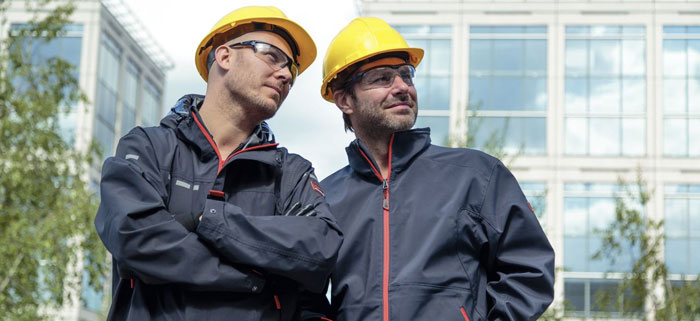Fixed gas detection systems play a critical role in safeguarding personnel and preventing hazardous gas leaks. This guide explores our top ten key questions to provide an introductory summarisation of these vital safeguards.
1. What is fixed gas detection?
- Answer: Fixed gas detection systems serve as the first line of defence in hazardous environments. These permanently installed detectors continuously monitor designated areas for the presence of specific gases. Upon exceeding pre-determined safety thresholds, they trigger immediate alarms and initiate pre-programmed safety protocols.
2. What types of gases can be detected?
- Answer: Various sensors exist to detect a wide range of gases, including:
- Flammable gases (e.g., methane, propane)
- Toxic gases (e.g., carbon monoxide, hydrogen sulphide)
- Inert gases (e.g., nitrogen)
3. Where are these systems used?
- Answer: They are crucial in various settings like:
- Industrial facilities
- Chemical plants
- Oil & Gas Refineries
- Water treatment plants
- Pools & Spas
- Breweries & Distilleries
- Food processing & packaging
4. What are the different types of fixed gas detectors?
- Answer: Common types include:
- Catalytic bead sensors (flammable gases)
- Electrochemical sensors (toxic gases)
- Infrared sensors (various gases)
5. How often should they be calibrated?
- Answer: Calibration should be carried out as per the manufacturer’s recommendation, which is typically every six months.
6. What happens when a gas leak is detected?
- Answer: An alarm sounds, and after that, pre-programmed actions are initiated, such as:
- Shutting down equipment
- Activating ventilation systems
- Sending alerts to personnel
7. How important is regular maintenance of fixed gas detection systems?
- Answer: Regular maintenance is crucial for ensuring the system’s accuracy and reliability. This includes:
- Sensor functionality tests
- Calibrating filters & sensors according to required parameters
- Verifying alarm and control systems
- Environmental compliance
8. What are the legal requirements for fixed gas detection systems?
- Answer: Requirements vary depending on the location and industry. Additionally, consulting relevant regulations like https://www.hse.gov.uk/comah/sragtech/techmeasleakgas.htm is crucial.
9. What are their limitations?
- Answer: While effective, they have limitations such as:
- They can only detect pre-configured gases.
- May not cover every area effectively due to fixed placement.
10. What are some additional safety measures to consider?
- Answer: Above all, a comprehensive safety approach includes:
- Employee training on gas hazards and emergency procedures
- Proper ventilation systems
- Personal protective equipment (PPE)
For further information regarding fixed gas detection, call 02920 759 683 or visit our contact page.





